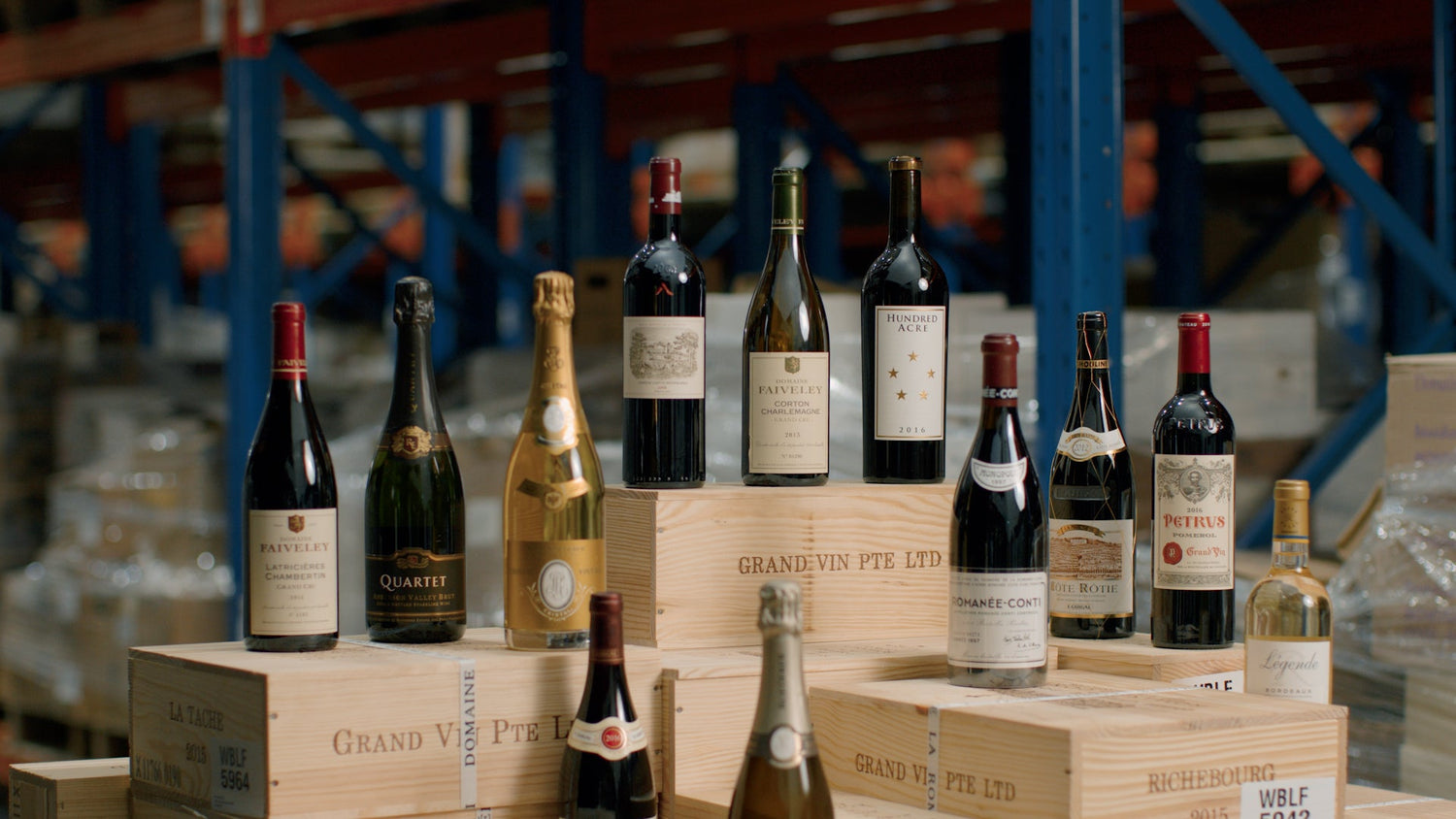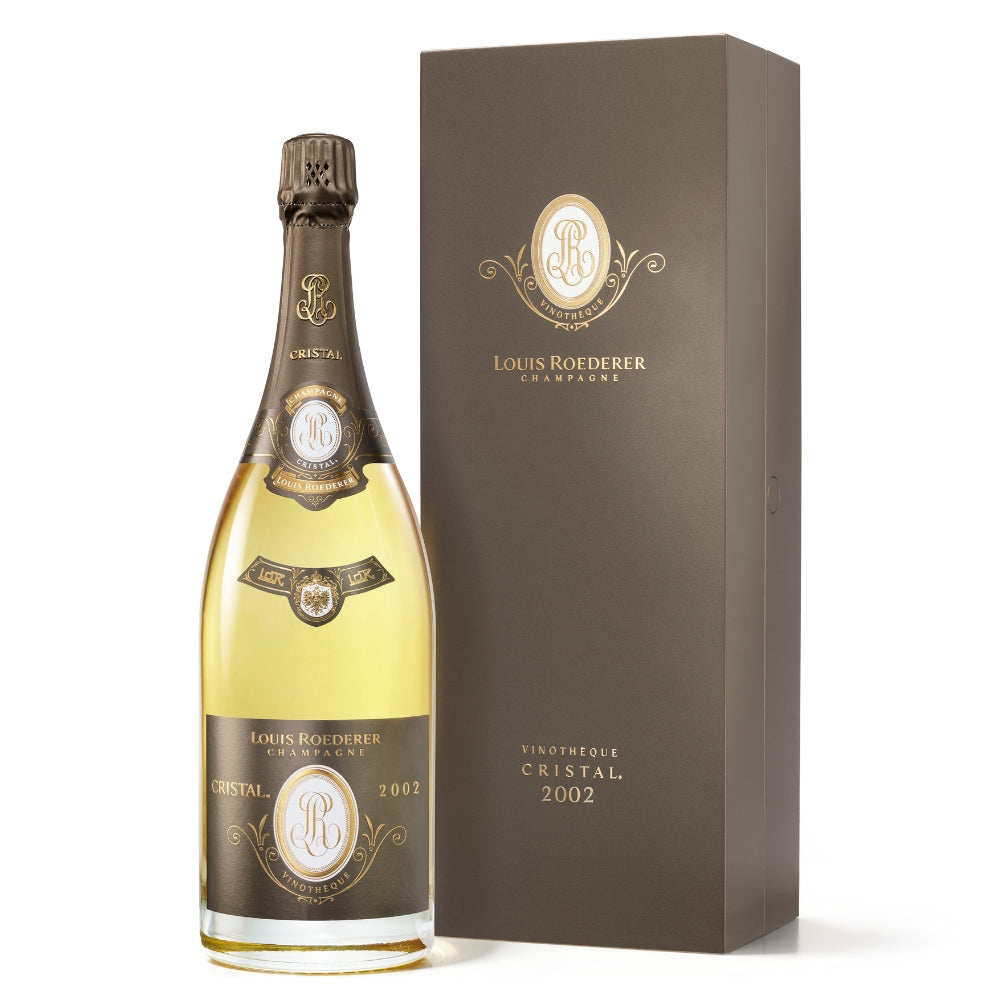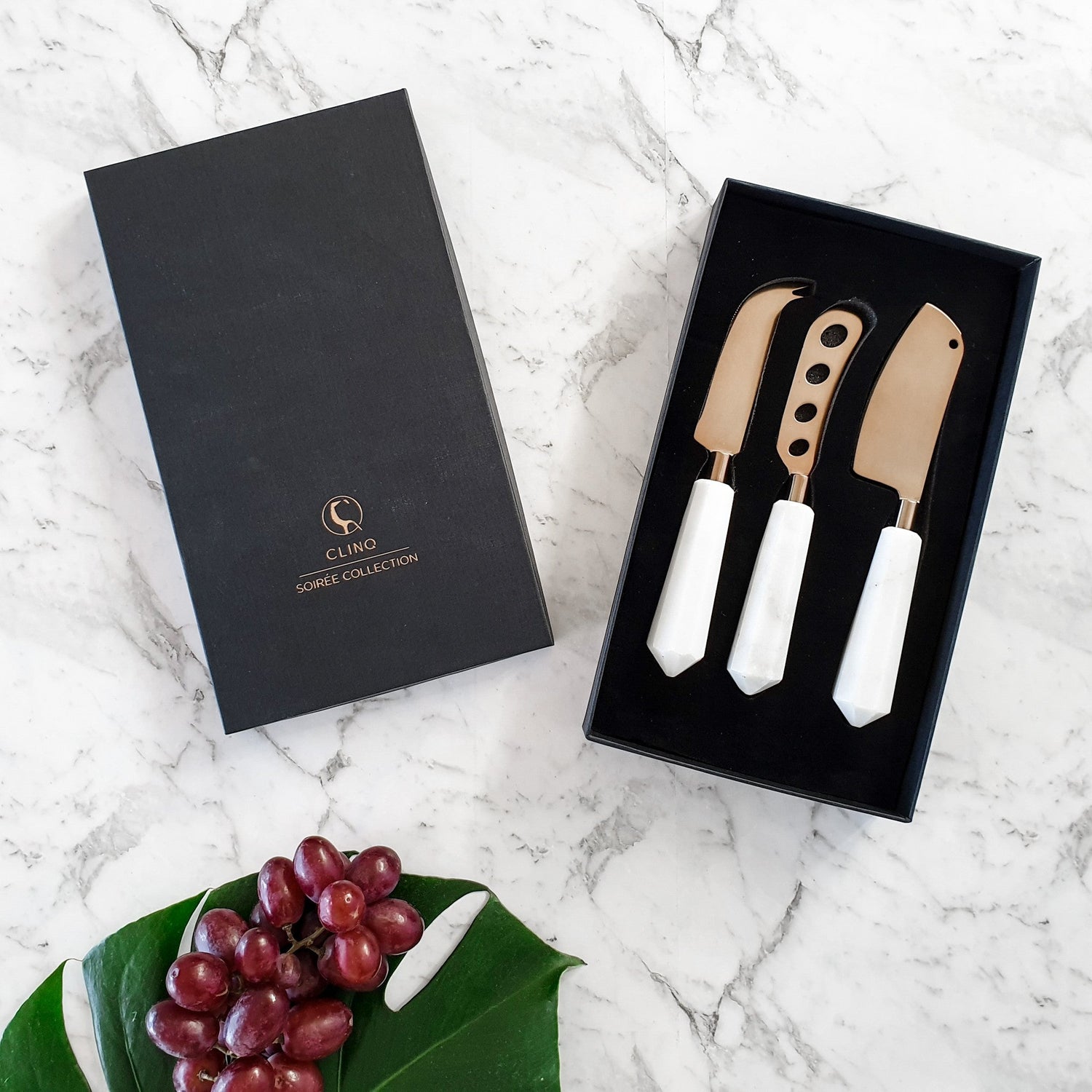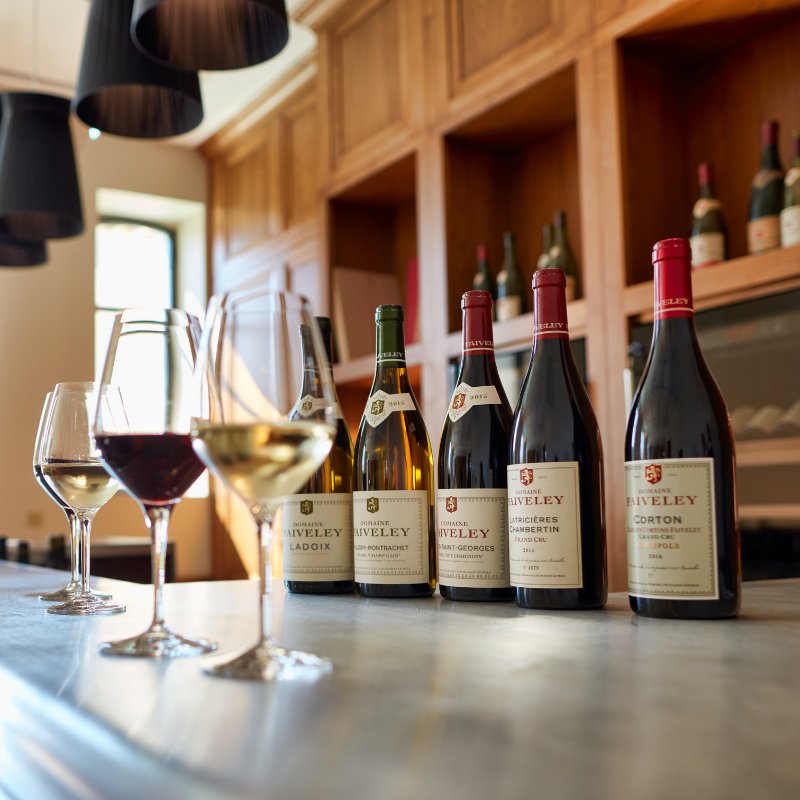“Is there really a difference between a bottle of cheap wine and expensive wine?”
“Are expensive wines really better?”
These are not uncommon thoughts of wine drinkers, especially with the increasing wine-price inflation in recent years. To find out, we look into some of the factors that constitute to the price of wines!
Grapes

The main ingredient of wines, grapes, play an integral part in how expensive a wine is. It is, after all, fermented grape juice we are getting, isn’t it?
The land on which the grapes are grown and cultivated on matters! Vineyards are typically segregated based on “Cru” regions. "Cru" is a French term used to indicate plots of land which, due to particular geographical, geological, and climatic characteristics, are particularly suited to wine production. These different “cru” regions have different wine producing properties, giving us cru grapes of different quality, which in turn determines the price of wines from each vineyard respectively.
Harvest
Producers that use mechanical harvesting have automated processes, and are typically low-cost and efficient, whereas wineries that produce expensive wines use more labour-intensive techniques to harvest their grapes. Hand harvesting might be slow and expensive, but it is more gentle, and allows for sorting and filtering of overripe, underripe and rotten grapes, ensuring that only the best grapes are used to make the wine.
Oak
The most desired and premium wines, such as Domaine de la Romanee Conti and Chateau Lafite Rothschild,are aged in oak. This is because the oak barrels contribute oaky notes and baking spice aromas to the wine while exposing it to oxygen at the same time. When the wine is exposed to oxygen, the tannins lose some of its intensity, giving the wine those smooth, velvety tannins.
Wines that have been aged in oak are more expensive because oak barrels are very expensive; it takes one 80-year-old oak tree to create only two oak barrels.
Bottle Ageing
Only premium wines like Petrus and Chateau Duhart-Milon are suited to age in bottles. Bottle ageing allows the tannins and acidity to soften further and plays an integral part of the balance between body, aroma and flavour. The longer the wine spends in oak and bottle ageing, the more the wine will cost. Cheap wines, on the other hand, will not benefit from bottle ageing and are best consumed when they are fresh.
There are many more factors that determine the price of wine, such as scarcity of grapes, wine-making techniques and even down to the packaging of the wine. When you are paying for a bottle of wine, tangible factors aside, you are also essentially paying for the winemaker’s good or bad judgment. Sometimes it is the prestige of drinking a famous label, one that has been historically proven to produce the highest quality wines over the course of over a hundred years.
Enjoying a bottle of wine is not just about the taste, but the overall experience of tasting the wine. There is no fault in enjoying cheap wine, but there sure is a difference between a bottle of cheap and fine wine.
Shop a full range of fine wines here.





